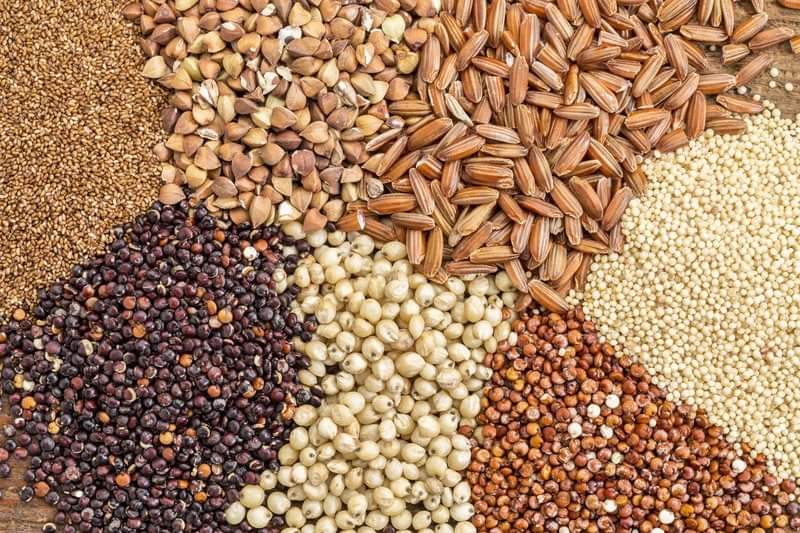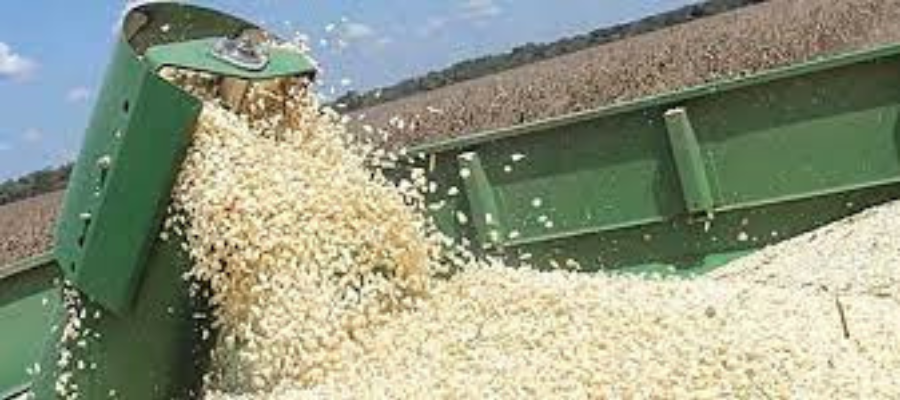THE government has introduced a Virtual Depot Distribution Strategy for the Presidential Inputs Scheme to improve efficiency in the distribution process.
With a target of over one million hectares of crops under Pfumvudza set for this summer cropping season, the government has introduced a fast-track strategy to distribute agricultural inputs, much to the delight of farmers.
The Virtual Depot Distribution Strategy will see inputs being distributed directly to farmers, a departure from the past where inputs were taken to Grain Marketing Board (GMB) depots for onward distribution to farmers.
When it’s their turn, beneficiaries are informed in advance to gather for the distribution process.
“As farmers, we are excited about the development, this means that inputs are now reaching us timeously,” said a farmer.
Another farmer said, “It is a welcome development for us as farmers because the issue of inputs was a major challenge to us. As you see me here in Harare, I am on my way to my rural area but I am very excited about the government’s decision to distribute inputs directly to us. At times we were forced to contribute money for transport.”
In an interview with the ZBC News in Harare this Tuesday, Grain Marketing Board (GMB) Chief Executive Officer Dr Edson Badarai highlighted the scope of the strategy.
“To bring efficiency and reduce costs, we have introduced a Virtual Depot Distribution Strategy. Under this Virtual Depot Distribution Strategy, inputs will be going directly to the beneficiaries where they will be collecting at the ward collection point. What we are saying is that instead of the inputs to be first distributed to GMB depots, they are now going directly to farmers and by doing so it improves efficiency.”
It also emerged the GMB is collaborating with law enforcement agents to curb abuse of the Pfumvudza/Intwasa inputs. The government is intensifying climate-proofing agriculture methods to adapt to the ravaging effects of the predicted lean season




